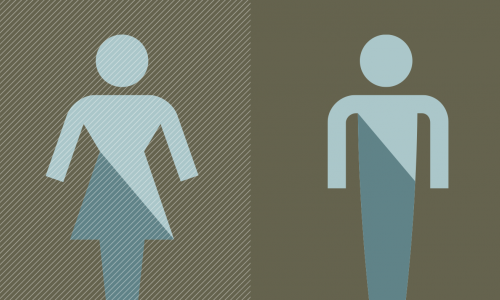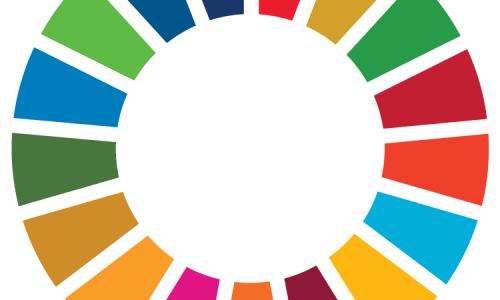Theme 3: Strengthening Science and Technology for Better Response to Societal Inequalities, Disruptions, and Emergencies
The purpose of this session is to focus on the various aspects of risk-control, response and recovery in the face of a disaster, with particular focus on gendered aspects. Currently, COVID-19 is bringing about extraordinary circumstances across the globe, with heightened demand for immediate and precise action from medical and health related experts. Pandemics, natural disasters and other emergencies affect everyone, highlighting the importance of an intersectional approach that leaves no one behind.
Moderator introducing
Theme 3: 3-0 Anders Karlsson, Vice President of Global Strategic Networks, Elsevier, Japan
- 3-1 Jemilah Mahmood, Special Advisor to the Prime Minister of Malaysia on Public Health
Gender aspects of COVID-19 and the need for better data - 3-2 Rajib Shaw, Professor, Graduate School of Media and Governance in Keio University, past Executive Director of the Integrated Research on Disaster Risk (IRDR), Japan
Biological Hazards and Disaster Risk Reduction: Gender Implications - 3-3 Takako Izumi, International Research Institute of Disaster Science, Japan
Impact of COVID-19 on higher education institutions, and gender perspective in disaster response in Japan - 3-4 Jocalyn Clark, Executive editor at The Lancet. Adjunct Professor at University of Toronto
Supporting the Global SDGs: Gender Equity Initiatives at The Lancet - 3-5 Rosemary Morgan, Assistant Scientist, Johns Hopkins Bloomberg School of Public Health
COVID-19 & the need for gender responsive pandemic preparedness and response plans
Modules in Theme 3: Strengthening Science and Technology for Better Response to Societal Inequalities, Disruptions, and Emergencies
Theme 3 Introduction
Duration
10 m
Theme 3: Strengthening Science and Technology for Better Response to Societal Inequalities, Disruptions, and Emergencies
View webinar about Theme 3 Introduction

COVID-19 & the need for gender responsive pandemic preparedness and response plans
Duration
1 h
Theme 3: Strengthening Science and Technology for Better Response to Societal Inequalities, Disruptions, and Emergencies
View webinar about COVID-19 & the need for gender responsive pandemic preparedness and response plans

Supporting the Global SDGs: Gender Equity Initiatives at The Lancet
Duration
1 h
Theme 3: Strengthening Science and Technology for Better Response to Societal Inequalities, Disruptions, and Emergencies
View webinar about Supporting the Global SDGs: Gender Equity Initiatives at The Lancet

Impact of COVID-19 on higher education institutions, and gender perspective in disaster response in Japan
Duration
1 h
Theme 3: Strengthening Science and Technology for Better Response to Societal Inequalities, Disruptions, and Emergencies
View webinar about Impact of COVID-19 on higher education institutions, and gender perspective in disaster response in Japan

Biological Hazards and Disaster Risk Reduction: Gender Implications
Duration
1 h
Theme 3: Strengthening Science and Technology for Better Response to Societal Inequalities, Disruptions, and Emergencies
View webinar about Biological Hazards and Disaster Risk Reduction: Gender Implications

Gender aspects of COVID-19 and the need for better data
Duration
1 h
Theme 3: Strengthening Science and Technology for Better Response to Societal Inequalities, Disruptions, and Emergencies
View webinar about Gender aspects of COVID-19 and the need for better data

